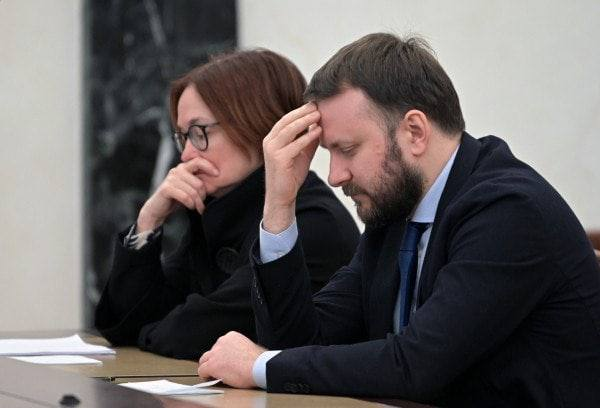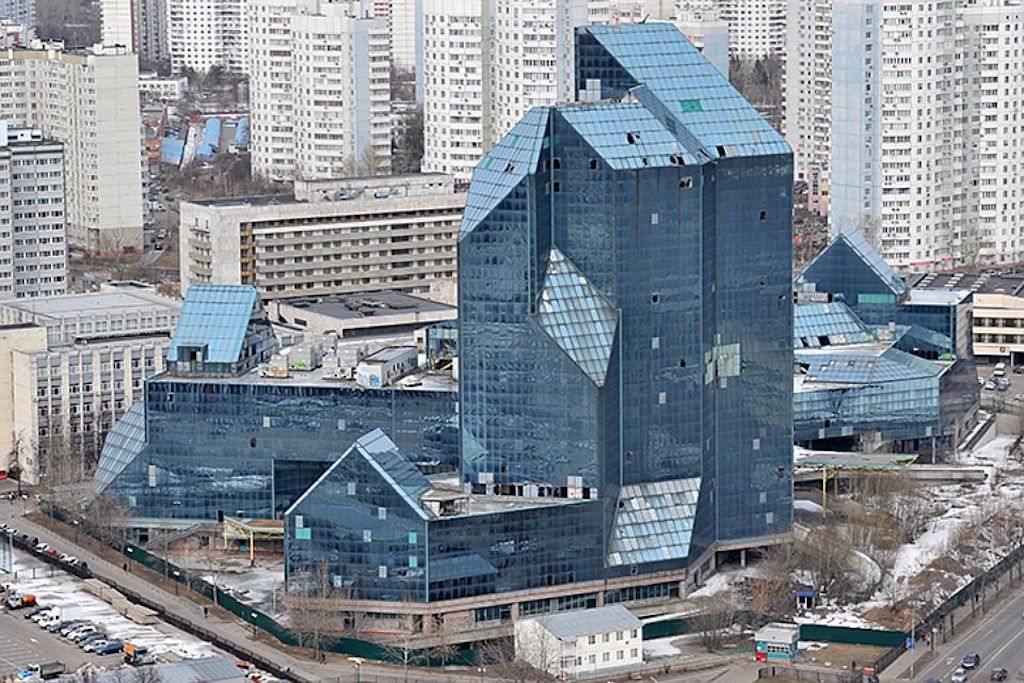Some Russian Fiscal and Monetary Politics Watching

This post has been a while in coming, and I am behind many things due to some turbulence in my personal and professional life, both good and bad. A few months ago, I published a working paper on persistent factors in Russian economic policy, which, amongst other things, placed the personal and professional turmoil in Russia's central bank into a broad historical context of Russia's state using liberal means to illiberal ends.
Russia's fiscal and monetary policies have generally been as orthodox as they come. If one were to look at Russia's budgetary and monetary policy, they would be enough to make the most hardened 1990s IMF official smile. The Russian budget is, theoretically, well insulated from its "resource curse" with a very conventional fiscal rule in place to divert above-planned energy tax revenues into foreign currency assets. This is generally considered best practice for resource exporters since it creates a rainy day fund for when export prices fall and removes the temptation to spend more than more stable tax revenues can provide. Regarding tax revenue, Russia has one of the most regressive tax structures in the world. Under Putin, a flat tax was introduced to simplify tax collection. In 2021, the flatness of the tax was somewhat reduced, with a higher rate applied to incomes over five million rubles. Under the leadership of now Prime Minister Mikhail Mishustin, the tax system was fully digitalized and integrated into a comprehensive mobile-friendly portal for accessing all government services. The CBR is perhaps the most orthodox of orthodox central banks. Under the leadership of Elvira Nabiullina, it has fought inflation with high rates and worked to float the ruble.
Yet, let's zoom out. Would anyone who knows anything about Russia not think Russia doesn't have a resource curse? Of course, not because the fiscal rule might be good for budget discipline, but it does nothing to curtail the power of state-connected energy firms and their leadership. In Putin's Russia, power gives access to money, not vice versa. Unsurprisingly, the energy sector is a fiefdom of many former spooks and shady Leningrad lawyers, and the rest of the economy goes nowhere.
Do flat taxes help entrepreneurs? They probably do not anywhere but certainly not in Russia. Russia's wonderful tax payment system is now being used for more nefarious means. If the next wave of mobilization comes, new legislation will use it to immediately send your notice to your cellphone, prevent you from leaving the country, and force you to pay massive fines or worse for not appearing at your local military recruitment post.
Finally, there are very good questions about whether running a tight monetary policy has made Russia's value-added sectors lose competitiveness to its natural resources sectors. Indeed, many conservative and militarist ideologues have long called for looser fiscal policy to help advance manufacturing, especially military manufacturing. Yet, most of the systemic Siloviks admired her for her competence in handling the economic fallout from the 2014 sanctions. This makes sense since they likely fear inflation more than stagnation given their experiences and fear of political instability.
All this is to say that Putinomics isn't some bastion of conventional, conservative monetary and fiscal policy but one that harnesses it to authoritarian and militarist ends. The point isn't economic development or even stability. It's to maximize the choices of the state in coercion and control.
With this in mind, it's starting to look like Putinomics might have run its course. One sign is that one of the CBR's leading personalities, Ksenia Yiulevna, has left her post for a much less powerful "senior advisor" position to Nabiullina. Yiulevna was disliked by Russian militarists opposed to the CBR's tight monetary policy, who wanted a state-directed, mobilization economy like the one of the old USSR. Reportedly fear of such an outcome was why Yiulevna, who, like her boss and most Russian technocrats, is personally anti-war, stayed on after February 24th. Nabiullina has expressed concerns about returning to the USSR in her statements in the past few months. Her recent presser was grim as she increased interest rates to 8.5% in the face of secular inflationary pressures and a quickly deviating ruble (she's expected to hike to 10% or more in the coming months).
There are reports that the fiscal rule is about to be broken. Reportedly Russia's oil revenue for July is expected to be above the threshold necessary to trigger foreign currency asset purchases. This makes sense since Russia has made up some of the difference via volume and other workarounds despite falling revenues for 2023 due to a price cap imposed by the g-7. But instead of buying RMB and gold as the current legislation dictates, the fiscal rule will be ignored, and all revenues will be redirected to the budget. The proximate reason is fear that selling ruble receipts for RMB will cause the ruble to drop even further. Another reason that was hinted at, which I think is at play, is that there is not enough of a market for either gold or RMB to make these transactions not insanely expensive. And after all, with Russia about to put 30% of its budget into defense, they could use it.
What all this means is that what I called the illiberal-liberalism of the Putin years is inevitably ending, and the mobilization state is returning after being put on ice since the 1970s. This doesn't mean Sergei Glazyiev will become Russia's new central bank head. But it means that the institution's formal role will become ever less relevant to the actual function of Russian economic policy. The question is whether the average Russian will handle this well and whether Russia has the state capacity to run a mobilization economy. My friend Alex Williams once said, "Money is a claim on administrative capacity." I am an optimist: I do not think Russia has the capacity to throw money at its Ukraine problem no matter who is in charge and that the bottom of the barrel for throwing flesh at it has been scrapped.
